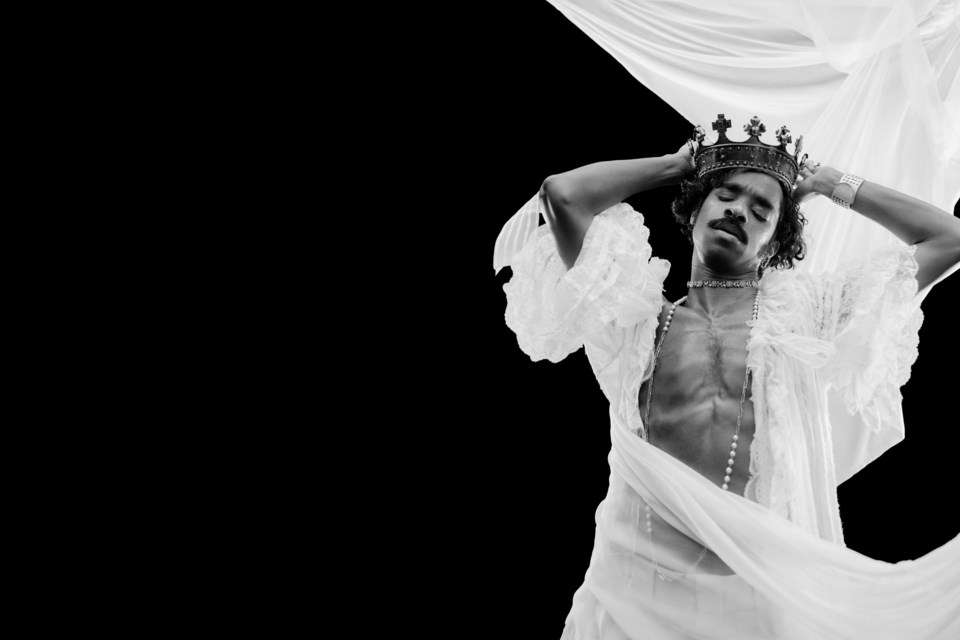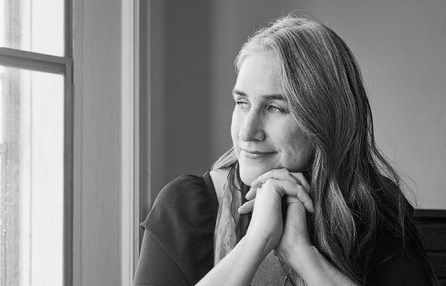A reimagining of a Shakespeare classic has taken to the stage, as Richard II begins previews.
Described as a lesson in realpolitik, moral corruption, and fallibility, the story revolves around the titular, fourteenth-century King of England. This rendition is reimagined in the 20th century, during the glamour, grit, and glitter of New York circa the late 70s and early 80s.
The Stratford Festival is calling this year’s Richard II a “revolutionary adaption” by Brad Fraser, though director Jillian Keiley originally conceived the idea.
“I was offered to direct the William Shakespeare version, the original,” Keiley explained. “I thought there was something interesting to say from connecting the play to a book I was reading at the time, Brad Fraser’s memoir All the Rage.”
Keiley and Assistant Director Kwaku Okyere spoke with StratfordToday to discuss the play and how Fraser’s memoir has surprising similarities to a 16th century English play.
All the Rage tells the story of the Canadian playwright’s rise to fame during the AIDS era, coming from an impoverished and abusive childhood to be one of the most celebrated Canadian playwrights.
After squaring it with the Festival, Fraser was brought on board to adapt it to the stage.
“That's a really important piece of the puzzle of why the story is what it is, because it was written by a radical, provocative gay playwright who had a major influence on theatre in the 1980s.”
This Richard II is the story of a radical king who had influence on the style of the time. Through his own flaws, he loses his kingdom as another comes to take his place – all the while in a 1970s disco-world.
Okyere added that the setting of the disco, hedonism and sexual liberation, provides a stark contrast to the austere AIDS era that comes after.
“I think what's so fascinating about Brad's book, he was at the height of his career … this big muscly man was doing all of the things and really enjoying his youth. But that was happening against the background of the beginning of AIDS. So in a way, it's quite similar to what Richard is experiencing – this complete shift in his world and the changing of the guard.”

Kailey said that there will always be people who don’t think that Shakespeare should be adapted, but she assures that it was the love of the play that informed Fraser’s adaption, praising Fraser for his work.
Okyere said that when people think of Shakespeare, they tend to think of soliloquies and wordy drama. This depiction may shake up that understanding.
With the disco backdrop, the show features a chorus of angelic narration.
In a typical Greek tragedy a chorus would sing and dance, though in this play – in typical disco fashion – the angels only dance. That dancing does a lot of heavy lifting when it comes to telling this story, Okyere said.
“We're still getting the muscularity and the juice of Shakespeare's words,” Okyere assured. “But I think what really fascinates and interests me is that because there's an intersection between movement and also Shakespeare text in this play. It provides an accessibility and a way in for audience members.”
Previews for Richard II are underway at Tom Patterson Theatre. It opens June 17 and runs until Sept. 28.
To purchase tickets, visit the Festival’s website.
Director’s Notes is an ongoing series from StratfordToday, featuring interviews with Stratford Festival directors; discussing their project, their scope, and their goals for this year’s production.
Related: Expect the unexpected in Antoni Cimolino’s Grand Magic
Related: A Wrinkle in Time to push audience’s imagination
Related: Andrew Kushnir to stage radical compassion in Casey and Diana
